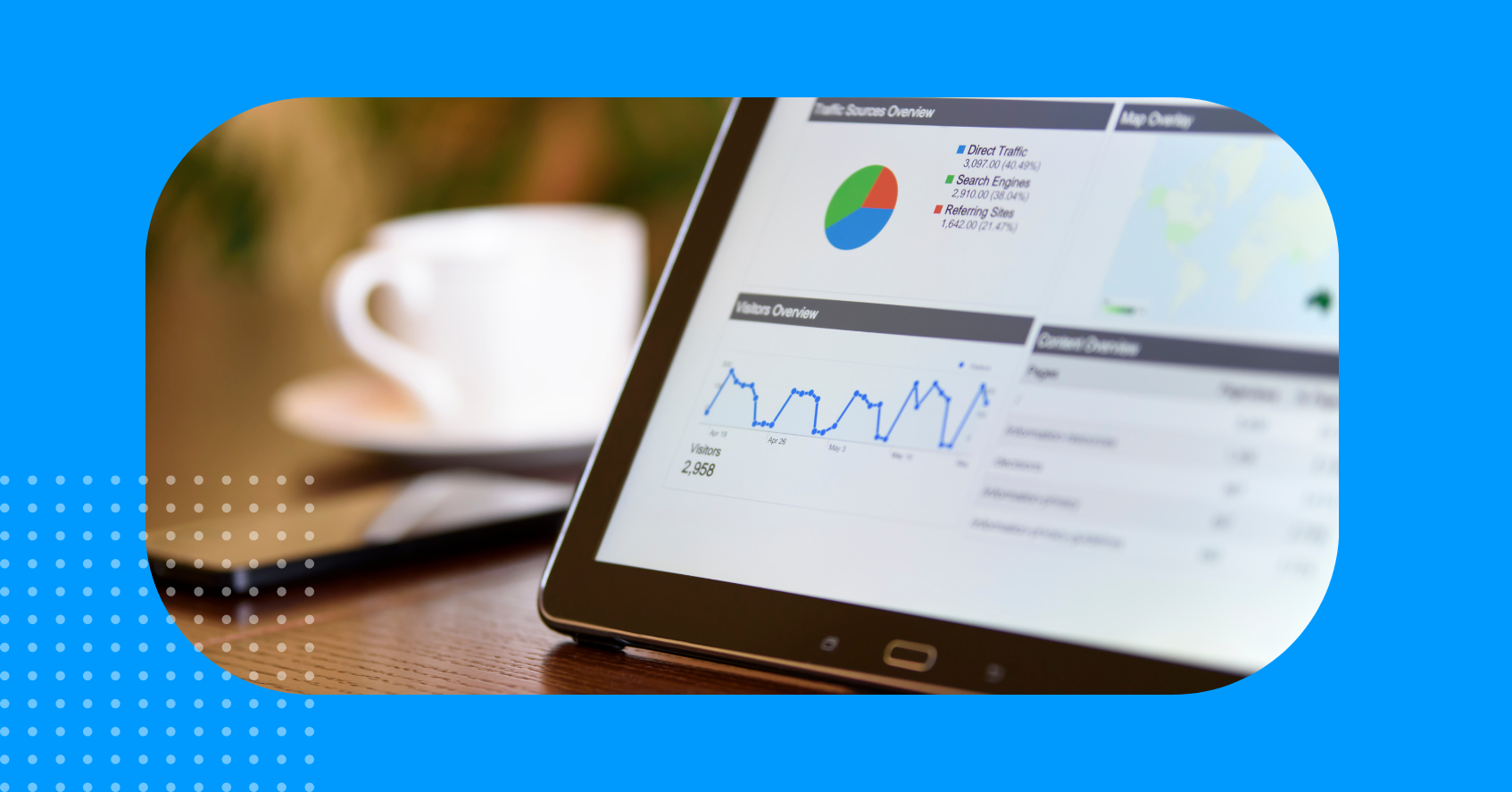How to See How Much Traffic a Website Gets

- 15th May, 2023
Understanding the Importance of Website Traffic
One of the most common questions among website owners and digital marketers is “how to see how much traffic a website gets?” Understanding the volume and source of your website traffic is crucial in refining your marketing strategy, improving user engagement, and ultimately, driving business growth.
Google Analytics and Google Search Console are two powerful tools that can help you track these metrics effectively.
Google Analytics: A Comprehensive Tracking Tool
Google Analytics is an invaluable resource for any website owner or digital marketer. It allows you to track a vast array of metrics related to your website traffic, including the number of visitors, their geographic location, the pages they visit, the amount of time they spend on your site, and much more.
The recent introduction of Google Analytics 4 (GA4) adds even more functionality. One of the most significant upgrades is the improved conversion tracking feature. With GA4 conversion tracking, you can accurately measure user metrics from different traffic channels, helping you identify the most effective channels for your business. With our SEO services, we ensure to set these up immediately so that you can see the direct impact of our work and help you calculate your ROI.
By understanding which channels drive the most valuable traffic – be it organic search, paid advertising, social media, or referrals – you can optimise your marketing efforts to focus on these channels. This way, you’re not just increasing traffic, but enhancing the quality of the traffic that you attract.


Google Search Console: Your SEO Companion
While Google Analytics provides a wealth of data about your website’s traffic and user behaviour, Google Search Console focuses more on your site’s visibility in Google’s search results. It is an essential tool for monitoring and managing your website’s search engine optimisation (SEO).
Google Search Console can show you which search queries bring users to your site, the pages that are ranking well, and how your site appears in the search results. These insights can help you optimise your content, improve your search ranking, and ensure that you’re reaching your target audience.
Setting Up Google Analytics and Search Console: A Worthwhile Investment
Setting up Google Analytics and Google Search Console may seem like a daunting task, but the benefits they offer are well worth the effort. Once correctly set up, these tools provide in-depth insight into your website’s performance and your audience’s behaviour.
From understanding where your traffic is coming from to seeing how users interact with your website, these tools can provide the information you need to make data-driven decisions about your website and marketing strategy.
Setting Up Google Analytics and Search Console: A Worthwhile Investment
Setting up Google Analytics and Google Search Console may seem like a daunting task, but the benefits they offer are well worth the effort. Once correctly set up, these tools provide in-depth insight into your website’s performance and your audience’s behaviour.
From understanding where your traffic is coming from to seeing how users interact with your website, these tools can provide the information you need to make data-driven decisions about your website and marketing strategy.
About us
At Freelance SEO Services, we specialise in providing tailored, results-driven SEO solutions. Based in the UK, our team of dedicated professionals understands the unique challenges and opportunities presented by the digital landscape. We are passionate about helping businesses of all sizes enhance their online visibility, attract more traffic, and drive growth.





